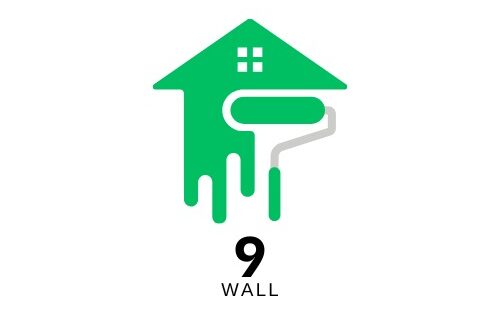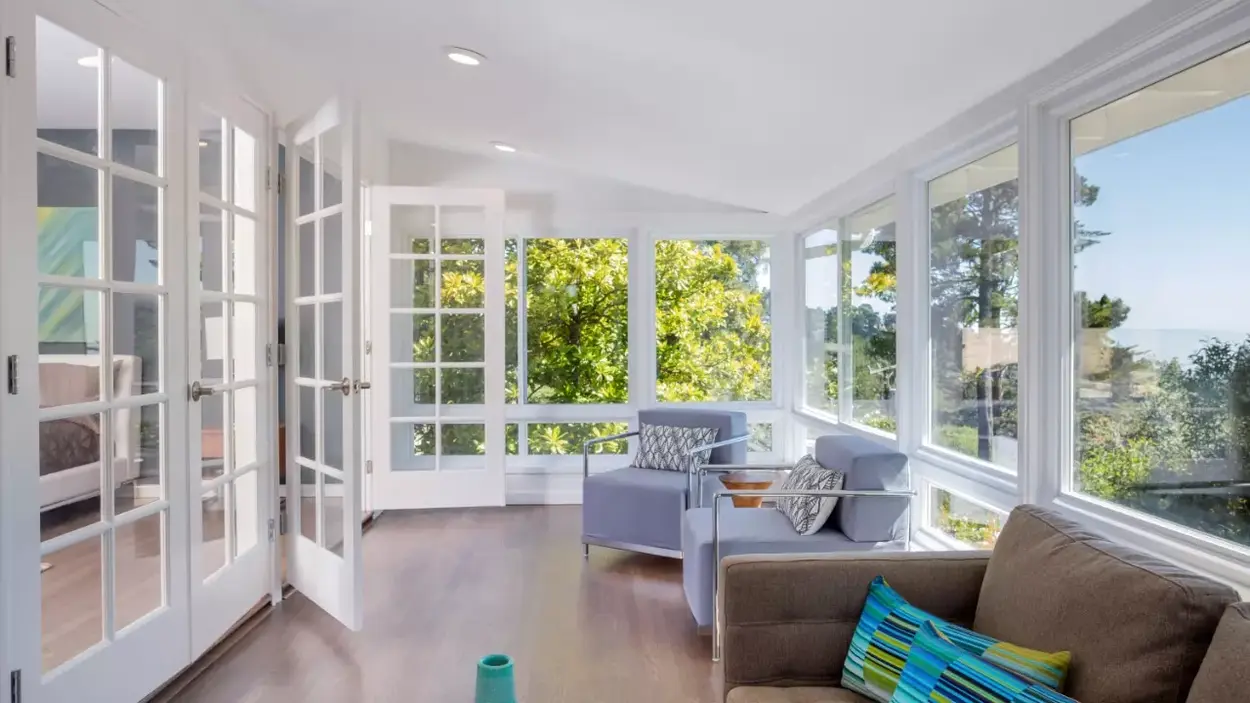Table of Contents:
- The Importance of Choosing the Right Windows
- Understanding Different Types of Windows
- Energy Efficiency: A Key Consideration
- Materials Matter: Wood, Vinyl, and Aluminum
- Design Aesthetics and Home Value
- Professional Installation vs. DIY: Pros and Cons
- Maintaining Your Windows for Longevity
The Importance of Choosing the Right Windows
Windows are an essential home component, serving multiple functions beyond mere aesthetics. They are pivotal for allowing natural light to flood into living spaces, enhancing mood and well-being. Moreover, windows facilitate proper ventilation, ensuring a comfortable indoor climate by enabling fresh air while keeping the elements out. Selecting the right windows is a significant investment in your home’s energy efficiency, directly influencing your utility bills. Well-chosen windows can retain heat during winter and reflect heat in the summer, thereby minimizing reliance on artificial heating and cooling systems. To gather expert advice on the most suitable options tailored to your needs, consulting a reputable window company can provide valuable insights and ensure the best choices for your home’s specific requirements.
Beyond practical considerations, windows contribute significantly to a home’s market value. Aesthetic appeal, linked closely to well-designed windows, enhances curb appeal and potentially increases property resale value. Investing in high-quality windows with multifunctional benefits ultimately pays dividends in comfort, energy efficiency, and financial return.
Understanding Different Types of Windows
Choosing the appropriate window style is crucial to align with your home’s functional needs and aesthetic preferences. There are several standard window types, each serving distinct purposes:
- Double-hung windows are known for their versatility. They feature two operable sashes that slide vertically and provide varied ventilation options by opening at the top, bottom, or both.
- Casement Windows: Hinged at the sides, these windows swing open like a door, offering excellent ventilation and unobstructed views, ideal for catching breezes in cooler climates.
- Sliding Windows: With panels that slide horizontally, sliding windows are a perfect fit for rooms facing walkways, porches, or any other area where a window wouldn’t project outwardly.
- Bay Windows: These protrude outward from the home and can include seating space, enhancing the feeling of openness and space by extending the room beyond its original walls.
Familiarity with these window styles can narratively influence the ambiance of your space.
Energy Efficiency: A Key Consideration
In today’s energy-conscious world, selecting windows with energy efficiency in mind is essential. The right windows function as thermal barriers that significantly reduce energy loss. The U-factor and Solar Heat Gain Coefficient (SHGC) are critical ratings that inform these decisions; a low U-factor indicates better insulation, while a low SHGC reflects less solar heat transmission into the home. Homeowners can reduce energy consumption by up to 30% by investing in proper insulation and energy-efficient windows. Additionally, energy-efficient windows reduce your carbon footprint, making them a vital component of an eco-friendly lifestyle.
In climates with extreme temperature variations, selecting windows with the proper energy ratings ensures a stable, comfortable interior climate while realizing long-term cost savings. For those aspiring to make a green choice, energy efficiency should be at the forefront of your decision-making process.
Materials Matter: Wood, Vinyl, and Aluminum
The choice of material for your window frames has a marked impact on their insulative properties and longevity:
- Wood: Known for superior insulation and a classic aesthetic, wood offers unmatched natural beauty but requires more upkeep to prevent decay and insect damage.
- Vinyl: Often praised for its affordability and minimal maintenance needs, vinyl is resistant to fading and doesn’t require painting, although choices may be limited to lighter colors.
- Aluminum: Highly durable,tainable, and well-suited for large window panels. While strong, it can be less effective in insulating against heat and cold than other materials.
Each material presents distinct benefits and drawbacks, and the optimal choice depends on balancing cost, aesthetic desires, maintenance preferences, and climate considerations.
Design Aesthetics and Home Value
Windows plays a prominent role in a property’s overall aesthetic appeal. They are often the features that can define and accentuate a home’s architectural style. As design trends evolve, large-format windows that maximize natural light and offer panoramic views are gaining popularity. These windows align with contemporary design principles emphasizing simplicity and natural elements. A well-curated selection of window designs can significantly contribute to the home’s curb appeal and enhance its market value.
The integration of window design into the overall aesthetic theme of a home is more than just a matter of taste—it also affects the space’s perceived value and livability, making it a crucial aspect to consider in home renovations or constructions.
Professional Installation vs. DIY: Pros and Cons
When it comes to window installation, deciding between professional services or a DIY approach is crucial. Professional installation offers superior guarantees and expertise, minimizing the risk of future issues related to poor installation, including drafts or water leaks. Though it might come at a higher upfront cost, the long-term benefits of professional work often outweigh the initial savings from going the DIY route.
Conversely, a DIY project can present an opportunity to economize and add a personal touch, providing you with the requisite skills and tools. However, improper installation can lead to costly problems that may require subsequent professional intervention.
Ultimately, the decision should be based on weighing factors such as budget, confidence in one’s skill set, and the complexity of the window style and installation site.
Maintaining Your Windows for Longevity
Regular window maintenance is key to ensuring maximum lifespan and efficiency. Basic cleaning of glass panes and checking for obstructions in the tracks keep windows functioning smoothly. Inspect frames and seals routinely for any signs of wear—neglecting these may exacerbate minor issues, turning them into significant repairs.
In addition, ensure that any wooden frames are adequately sealed to prevent moisture ingress, while vinyl and aluminum frames should be inspected for pressing structural repairs. Proper maintenance effectively extends the life of your windows, safeguarding your investment over years to come.








